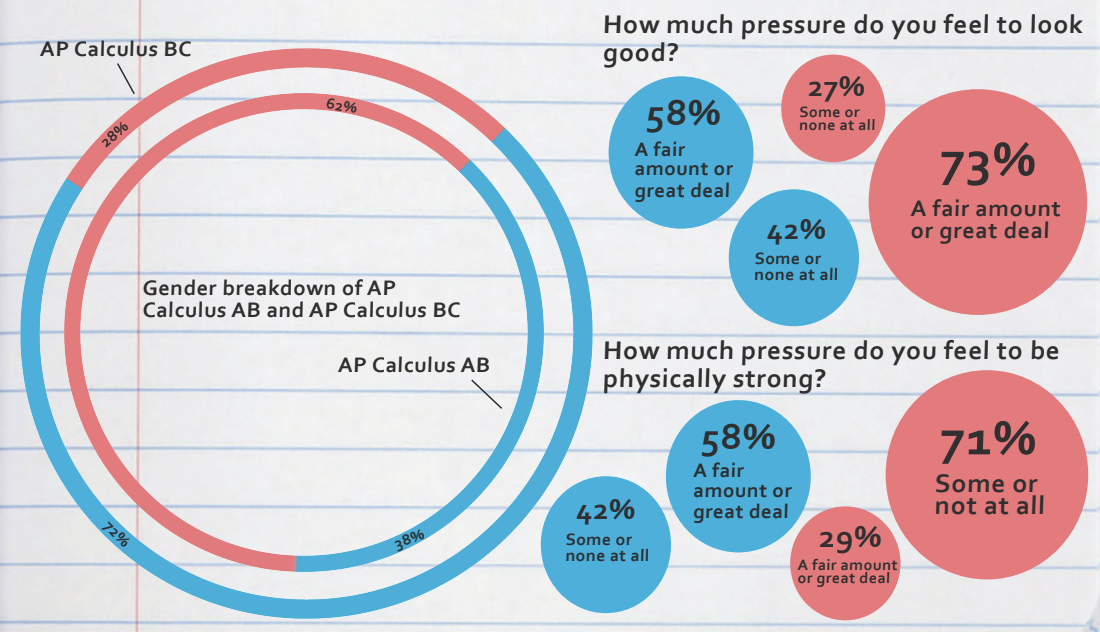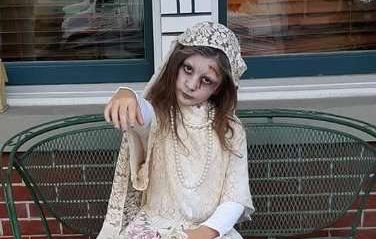Filled with cryptic imagery, chaotic experiences and confusing undertakings, dreams often feel like a hazy reality. Because of the many unknowns in dreams, hundreds of thousands of sleep and dream studies occur annually. However, dreams remain a multi-faceted, complex subject with many uncertainties.
Psychologist and sleep specialist Dr. Stephen Billmann works with patients who typically suffer from insomnia to better understand their dreams. He explained his work focuses on changing patients’ attitudes and behaviors toward their insomnia through research-backed cognitive therapy.
“I do a lot with behavioral work, which involves changing sleep schedules, maintaining a regular bedtime and rising time and also getting out of bed and not falling back to sleep,” Billmann added.
He said even though dreams can feel random or arbitrary, they are heavily influenced by one’s emotions and mental state.
“No one’s sure what causes dreams, but most of the research has been coming to the conclusion that dreams are used to consolidate thoughts and work through various scenarios that you would not work through in a logical manner throughout the day,” Billmann said.
There are five cycles of sleep, and the final step is REM sleep, he said. There isn’t enough information to know what causes REM sleep, but it is a natural stage of sleep in mammals, Billmann explained.
Seventy-eight percent of dreams happen during the REM stage of sleep, but humans can also dream outside of REM sleep, he explained.
“Humans go through three to five cycles of REM sleep,” Billmann said. “Your brain is more active but you aren’t awake, and your body is paralyzed so you don’t act out your dreams.”
There are limited times when dreams have specific meanings, he added, and most dreams reflect things people think about as opposed to accurately portraying the past or future.
Lady Saoirse, who identifies herself as high priestess of the Temple of the Goddess, said she works with people to discuss their dreams and interpret them as a tarot reader and spiritual adviser.
She said she also writes books exploring ideas such as relationship issues, astrology, magic and spirituality.
Saoirse said dreams can mean a variety of things to different people and believes that they have the potential to come true. Dreams can be messages from spirits, gods or ancestors, she explained.
“Sometimes our minds are just active,” she said. “Other times, we have dreams that reflect our state of mind.”
Saoirse said her favorite part of her job is helping people interpret their dreams and being near like-minded individuals.
“We are more of a family than anything else, and we all share our gifts with each other,” Saoirse added.
She explained she began to have dreams that came true, which are known as prophetic dreams, in elementary school.
“Sometimes it was small things,” Saoirse said. “I dreamed the garage door would come down on our car once when I was in high school, and that happened to us the very next day.”
Prophetic dreams prepare minds for what should be expected next and guide people to specific decisions, Saoirse explained.
Although there are certain exceptions, Billmann said specific symbols in a dream don’t correlate to actual meaning and aren’t strongly backed by science.
“You’re not being literal in the interpretation of exactly what you dreamt about, but what the emotion you had was and how does that relate to your daytime life,” Billmann said.
If someone wakes up right after or during a dream, they are more likely to remember it, he said.
“If the dreams are more emotionally fraught, you are more likely to remember them,” Billmann added.
Saoirse explained dreams can show people who represent their wishes, and if the dream feels real or stands out, she recommends investigating the deeper meaning behind it.
“Different guides to dreams say different things,” Saoirse said. “Make sure to be objective when you are researching dream meanings, and think about what your dream means to you.”

